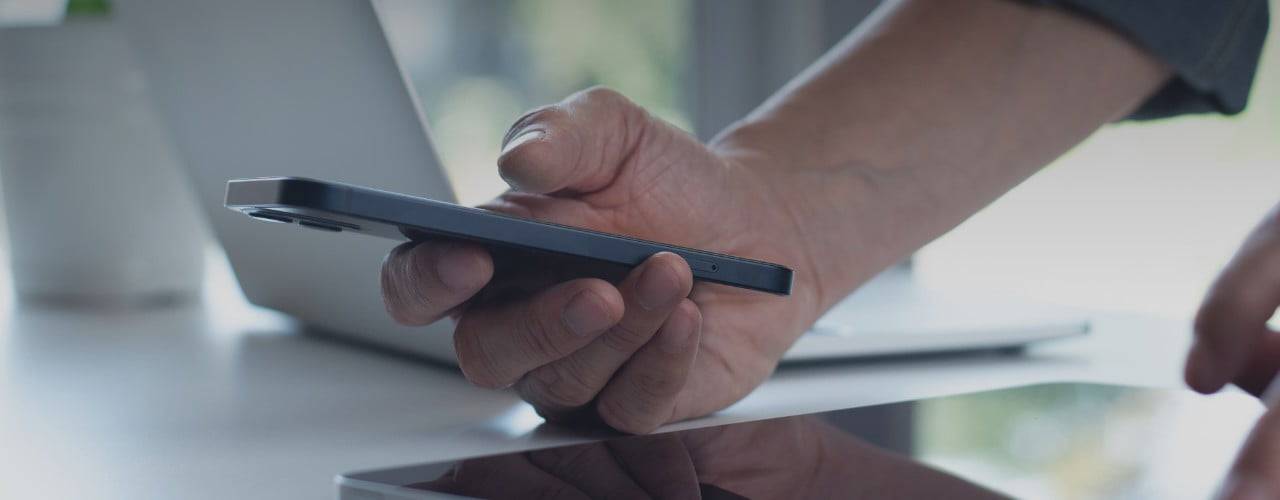Notarial Procedures When Buying or Selling a House in Spain

The process of buying or selling a property in Spain involves several legal procedures, and signing before a notary is one of the most important steps. At Inmoadapta, we take care of all the paperwork and provide expert advice at every stage to ensure a clear and hassle-free process for your real estate transactions in Costa Blanca. Below, we answer some of the most frequently asked questions about this service.
1. Is it mandatory to sign before a notary when buying or selling a property?
Yes, in Spain, signing a public deed before a notary is mandatory for the sale to be valid and to be registered in the Land Registry. This step guarantees the legal security of the transaction.
2. What documents are required for the notary signing?
The required documents may vary, but the most common are:
- DNI or NIE of the buyer and seller.
- Property deed (in case of sale).
- Land Registry’s simple note.
- Certificate of community fees payments.
- Latest IBI and utility bills.
- Energy efficiency certificate.
At Inmoadapta, we help you collect and review all the necessary documents.
3. How long does the notarial procedure take?
The signing process before a notary typically takes 30 to 60 minutes, depending on the complexity of the transaction. However, the prior document preparation and coordination with the notary may take several days, so it is advisable to start the process in advance.
4. Who chooses the notary in a property sale?
In Spain, the buyer has the right to choose the notary, as they bear most of the notarial costs. However, both parties can agree on a trusted notary to simplify the process.
5. How much does it cost to sign a notarial deed of sale?
Notary fees vary depending on the property price and document complexity, usually ranging from €600 to €1,000. Additional costs include the Land Registry inscription and corresponding taxes.
6. Can I grant a power of attorney for someone else to sign on my behalf?
Yes, if you cannot attend in person, you can sign a power of attorney allowing someone to act on your behalf. At Inmoadapta, we advise you on how to complete this process easily.
7. What happens after signing at the notary?
After the signing, the notary sends an electronic copy to the Land Registry for inscription. Taxes such as the Property Transfer Tax (ITP) for second-hand homes or VAT for new-build properties must also be settled.
8. Can I modify the deed after signing?
Yes, but any subsequent modification will require a new notarial signing, which may incur additional costs. That’s why at Inmoadapta, we carefully review all details before the signing to avoid errors.
Trust Inmoadapta for Your Notarial Procedures
A real estate notary service is essential to ensure the legality and security of buying or selling a home. At Inmoadapta, we manage the entire process, from gathering documents to the final signature and registration.
If you have any questions or need assistance, contact us, and we’ll help you handle your transaction quickly and worry-free.










 Instagram
Instagram
 Facebook
Facebook
 YouTube
YouTube
